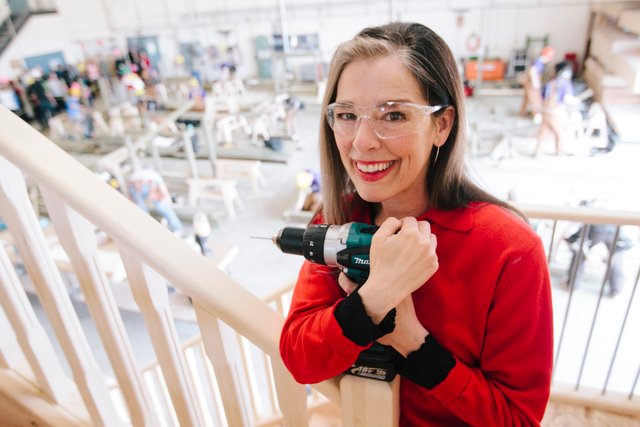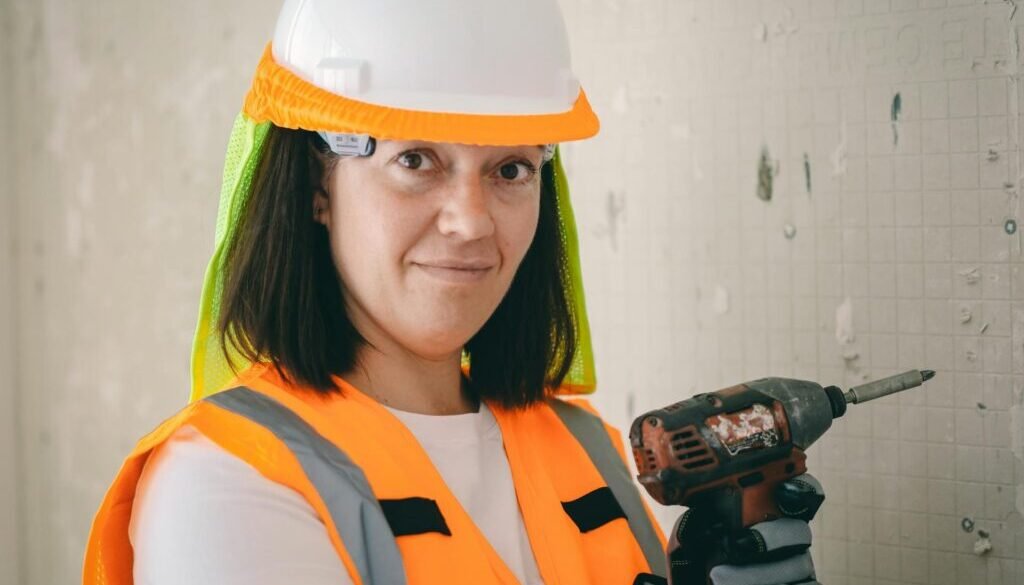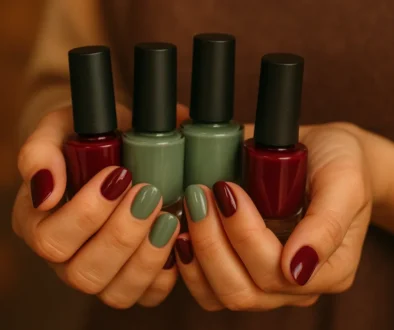Women Can’t Fix Things? These Handywomen Disagree
The outdated stereotype that women can’t fix things is rapidly being dismantled—by women who can, do, and teach others how to do it too. From fixing leaky faucets to rewiring circuits, women around the world are proving that repair skills are not bound by gender. Despite the long-standing belief that handy work belongs to the “man’s world,” female mechanics, electricians, carpenters, and DIYers are taking the lead—and getting noticed.
The surge of women in the skilled trades and DIY industries is not just empowering; it’s reshaping the workforce. With hands-on knowledge, social media visibility, and training initiatives, women are busting myths and redefining what it means to be “handy.”
The Gender Stereotype of ‘Fixing Things’
Historically, repair work—whether at home or in the workplace—has been perceived as a masculine domain. Tasks involving tools, hardware, or physical labor were typically assigned to men, while women were expected to focus on domestic or “soft” skills. This stereotype was reinforced by advertising, education, and even toy companies.
According to a 2023 study by Pew Research Center, over 60% of adults still associate technical or mechanical jobs more with men than women. This perception persists despite growing evidence to the contrary.
However, the rise of skilled handywomen and female-led DIY content online is shifting public opinion. Social platforms like TikTok and YouTube are filled with female creators sharing plumbing tips, carpentry tutorials, and home improvement hacks. The message is clear: women can fix things—and they do it well.
Real Women Who Are Redefining ‘Handy’

- Mercury Stardust – The Trans Handy Ma’am
Mercury Stardust, a transgender woman and professional maintenance technician, became a viral sensation on TikTok with her clear, approachable home repair videos. With over 2.6 million followers, she teaches basic repairs and empowers marginalized communities to handle household maintenance confidently.
Her presence isn’t just educational—it’s revolutionary in terms of who gets to be seen as an expert in home repair.
“I’m not just fixing a sink; I’m fixing how people see themselves,” – Mercury Stardust

- The Lady Volts – Female Electricians Breaking Barriers
In Tennessee, a group known as the Lady Volts are making headlines for their work in electrical and construction trades. Supported by the Tennessee College of Applied Technology, they are part of a growing trend where women are entering trade programs in record numbers.
According to the U.S. Department of Labor (2024), women now make up 11% of the construction workforce, and this figure is steadily climbing thanks to increased outreach and training opportunities.

- ToolGirl Mag Ruffman
An early pioneer of the “women in tools” movement, Mag Ruffman hosted “A Repair to Remember” and authored books encouraging women to pick up tools. Her humorous and empowering approach paved the way for countless handywomen today.
Women in the Skilled Trades – What the Numbers Say
Despite challenges, more women are entering trades and hands-on professions than ever before:
According to NAWIC (National Association of Women in Construction, 2023), women in construction-related fields grew by 24% over the past five years.
In the DIY market, Pinterest and YouTube data show that female creators have driven over 60% of home improvement content growth since 2020.
The Home Depot’s 2023 Women in Trades initiative offered scholarships and job placement to thousands of aspiring handywomen, signaling institutional support.
These trends reflect a broader shift in societal norms and economic necessity. As more women take control of their homes and careers, the ability to fix, build, and improve has become both a personal and professional asset.
The Rise of DIY Culture and Female Empowerment
DIY culture has become a cornerstone of female empowerment. Women are not just participating—they’re leading:
Instagram accounts like @diyhuntress and @brittanygoldwyn have tens of thousands of followers learning everything from power drilling to wood staining.
Female-focused communities like “Women Who Build” offer forums, tool libraries, and workshops to support skill development.
Influencers and everyday women alike are showing that being handy isn’t just about fixing—it’s about confidence, independence, and creativity.
These platforms make knowledge more accessible and chip away at the idea that you need to be born into “handiness” to possess it.
Breaking Barriers, Building Futures
The future is increasingly bright for women in trades and DIY spaces. But challenges remain: gender bias, lack of mentorship, and societal expectations can still hinder progress.
That said, more schools, employers, and organizations are investing in female tradespeople and creators. With proper support and representation, the gap between perception and reality continues to shrink.
As one female mechanic from a 2024 Women in Auto Repair summit put it:
“The engine doesn’t care if I’m a woman. It cares if I know what I’m doing—and I do.
FAQ
Q1: Can women be successful in trades like plumbing, electrical work, or carpentry?
A: Absolutely. Women are thriving in all areas of skilled labor. With the right training and support, gender is not a barrier to excellence.
Q2: Are there any online communities where women can learn handy skills?
A: Yes! Platforms like YouTube, Reddit (r/DIY), and groups like “Women Who Build” or “Handywomen Unite” offer tutorials, advice, and peer support.
Q3: What are some beginner-friendly tools for women learning DIY?
A: Start with essentials: a cordless drill, tape measure, level, screwdriver set, and safety gear. Many brands now offer tools designed with ergonomic grips and lighter weights without compromising power.
Q4: Where can women get trained in technical skills?
A: Community colleges, vocational schools, and online platforms like Skillshare, Udemy, and Coursera offer beginner to advanced training. Many cities also host workshops for women interested in trades.



